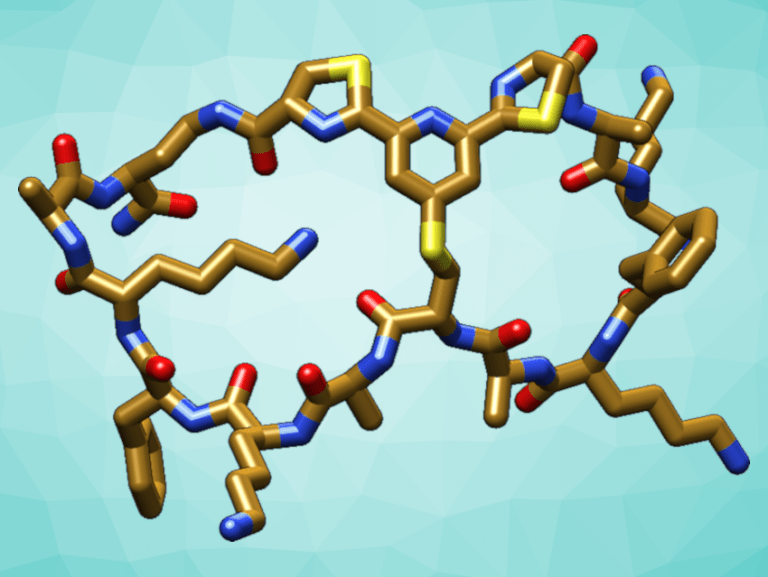Type 2 Diabetes and the Role of Simple Carbs – Tracing the Sugar Epidemic
Introduction: A Personal Wake-Up Call Let me begin with a…
Introduction: A Personal Wake-Up Call
Let me begin with a confession: I once believed sugar was a harmless indulgence. My days revolved around sugary cereals, afternoon sodas, and candy bars to combat energy slumps. That changed during a routine medical check-up when my doctor pointed to my blood sugar levels and said, “We need to talk.” That moment reshaped my understanding of sugar—not as a fleeting treat, but as a silent disruptor of health.
Today, sugar is ubiquitous, hidden in foods marketed as “healthy” or “natural.” From pasta sauces to granola bars, it infiltrates our diets in ways we scarcely notice. This blog explores how excessive sugar intake triggers insulin resistance, fuels Type 2 diabetes, and what we can do to reclaim control. My journey, alongside scientific insights, will guide you through this critical conversation.
1. The Sweet Beginning: Sugar and Insulin – A Love-Hate Relationship
The Immediate Impact of Sugar
Imagine drinking a soda. Within minutes, your body converts its sugars into glucose, flooding your bloodstream. Your pancreas responds by releasing insulin, a hormone that acts as a “key” to unlock cells, allowing glucose to enter and fuel your body. This process is essential for energy—but only when balanced.
When sugar intake is constant, the pancreas works overtime, producing insulin nonstop. This leads to hyperinsulinemia (excess insulin in the blood), a precursor to metabolic chaos. I recall the mid-afternoon crashes after sugary snacks: shakiness, irritability, and a relentless craving for more sugar. Unbeknownst to me, this was my body’s plea for stability.
Insulin Resistance: When Cells Turn Unresponsive
Insulin’s role is to regulate blood sugar, but chronic overexposure dulls cellular response. Picture a rusty lock: the more you force a key, the less it cooperates. Similarly, cells stop “hearing” insulin’s signal, a condition called insulin resistance . The pancreas, desperate to compensate, secretes even more insulin, trapping the body in a cycle of imbalance.
2. The Vicious Cycle: From Sugar to Insulin Resistance
The Cellular Breakdown
Every sugary meal forces insulin to “knock” on cell receptors. Over time, these receptors become desensitized, leaving glucose stranded in the bloodstream. This is insulin resistance—a state where the body’s energy systems falter.
The Blood Sugar Rollercoaster
The aftermath of a sugar high is a sharp crash. Blood sugar plummets, triggering symptoms like brain fog, fatigue, and intense hunger. Paradoxically, the body craves more sugar to counteract the crash, perpetuating the cycle:
- Sugar consumption → blood glucose spikes.
- Insulin surge → rapid glucose clearance.
- Crash → cravings and false hunger.
- Repeat → worsening insulin resistance.
This cycle mirrors my own experience: pantry raids at 3 p.m., despite no real hunger. Sound familiar?
3. The Domino Effect: Sugar and the Diabetes Epidemic
From Resistance to Diabetes
Unchecked insulin resistance leads to hyperglycemia (chronic high blood sugar). Over years, elevated glucose damages blood vessels, nerves, and organs, culminating in Type 2 diabetes.
A Global Crisis
- 94% of UK diabetes cases are Type 2, consuming 10% of the NHS budget.
- 90% of these cases are preventable or reversible through lifestyle changes.
My daily soda habit, once a trivial vice, now felt like a contribution to a systemic issue. The scale of the problem is staggering—but so is the potential for change.
4. Breaking the Cycle: Strategies for Reversal
Re-Educating Ourselves
Awareness is the first step. Tracking my sugar intake revealed hidden culprits: “healthy” yogurt laden with syrup, sauces with added sugars. Knowledge empowers better choices.
Dietary Shifts for Stability
- Whole Foods : Prioritize fruits, vegetables, lean proteins, and whole grains. Swap sugary snacks for apples with almond butter or hummus with veggies.
- Complex Carbohydrates : Oats, quinoa, and sweet potatoes release glucose slowly, preventing spikes.
- Healthy Fats : Avocados, nuts, and olive oil promote satiety and stabilize blood sugar.
The Role of Movement
- Daily Walks : A 10-minute post-meal walk lowers blood sugar by aiding glucose uptake.
- Strength Training : Muscle tissue consumes glucose; building it enhances metabolic resilience.
5. Real Stories, Real Hope
Jane’s Journey
At 52, Jane faced a prediabetes diagnosis. By replacing afternoon cookies with fruit and walking during lunch breaks, she normalized her blood sugar within a year. Her energy and vitality returned—a testament to small, consistent changes.
Mark’s Transformation
Mark, once reliant on processed foods, adopted a whole-food diet and cycling. He reversed his insulin resistance and lost 30 pounds. His story underscores that dietary shifts, paired with activity, can rewrite health trajectories.
6. A Return to Roots: Mindful Living
Reconnecting with Ancestral Wisdom
Before ultra-processed foods, diets centered on whole, unrefined ingredients. Reclaiming this approach—emphasizing vegetables, fruits, and natural sugars—offers a blueprint for metabolic health.
Lifestyle as Medicine
- Sleep : Aim for 7–8 hours. Poor sleep disrupts hunger hormones, increasing sugar cravings.
- Stress Management : Chronic stress elevates cortisol, which spikes blood sugar. Practices like yoga or meditation restore balance.
7. The Path Forward: Collective and Individual Action
Policy and Education
Governments and healthcare systems must prioritize:
- Clearer Food Labeling : Highlighting hidden sugars.
- Public Health Campaigns : Educating on the risks of refined carbs.
- Research Funding : Supporting studies on diet-disease links.
The Role of Healthcare Providers
Providers should focus on root causes, not just symptoms. Routine screenings, personalized nutrition advice, and ongoing support can transform patient outcomes.
Conclusion: Your Health, Your Power
The sugar-insulin-diabetes cascade is not inevitable. By reducing refined carbs, embracing whole foods, and staying active, we can break the cycle. My journey—from soda addiction to balanced health—proves change is possible.
Your Turn : What small step will you take today? Swap soda for sparkling water? Try a new vegetable-rich recipe? Share your commitment below—I’m here to support you.
Disclaimer: This blog post is crafted for informational purposes and isn’t an endorsement of any supplements. Consultation with professionals is vital when making health or athletic decisions.







